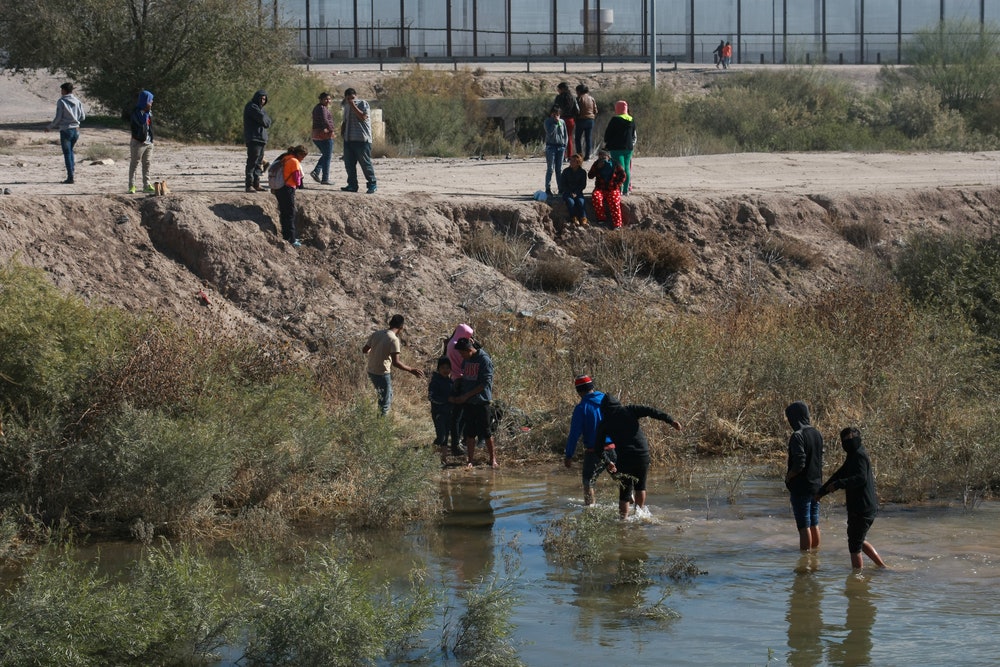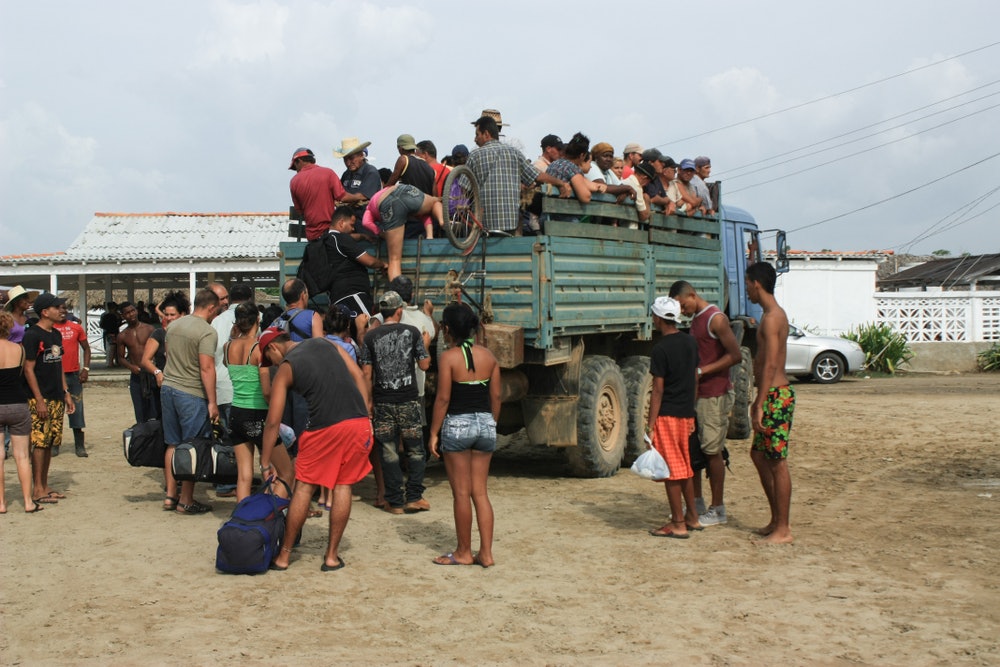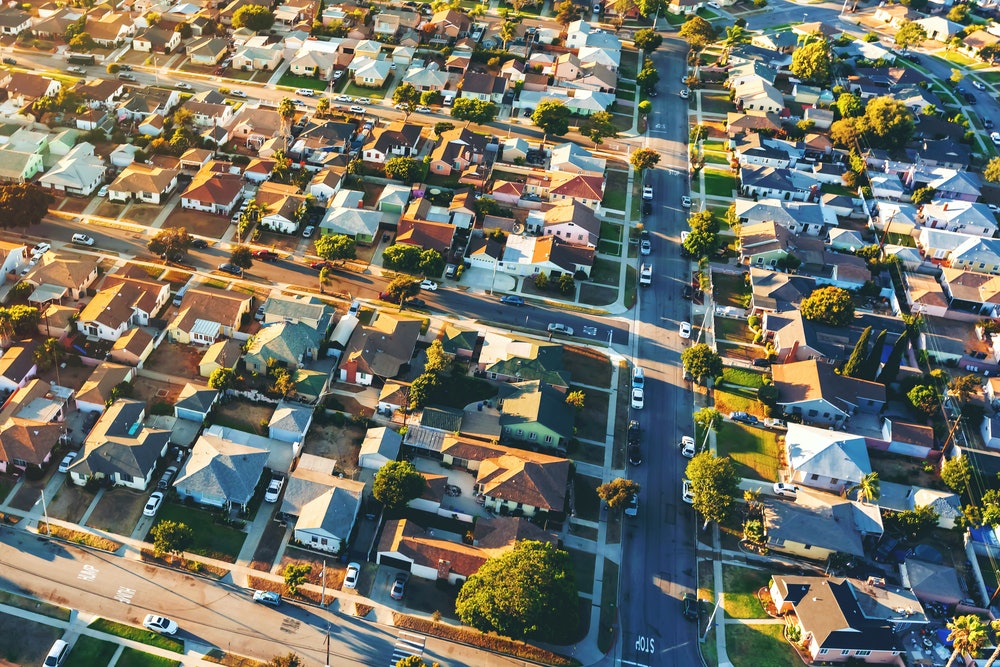I spent last Tuesday morning in Chicago at an event the Bush Institute hosted on tax policy and the states, but that’s not the topic of this...
I spent last Tuesday morning in Chicago at an event the Bush Institute hosted on tax policy and the states, but that’s not the topic of this article. Rather, this post is about my trip to Chicago, which actually began on Monday. I left Washington, D.C., on Monday because flying from D.C. to Chicago is a wholly unpredictable ordeal. In the last year I have made five trips through Chicago, and each time I have encountered delays on the way there — usually by a couple of hours, or enough to miss my connection when heading elsewhere. All but once I was delayed on the return trip as well. None of these delays were weather related and only one was due to a mechanical issue. The rest were the result of congestion at one of the airports. The problem is that most major airports schedule many more flights to take off and land during prime travel times than can ever be accommodated. As a result, during the morning and late afternoon, planes tend to bunch up on the tarmac or simply not take off in the first place. Planes already in the air circle around the airport waiting to land. Of course, this isn’t the only travel mode that’s unreliable. Traffic on roads and highways in most major cities has become worse than ever before, with a goodly proportion of Americans declaring that it is one of their biggest gripes with life today. The cost of unreliable transportation is immense. The Texas Transportation Institute estimates that Americans spend an average of 34 hours waiting in traffic each year, a number that seems to inexorably always go up. Besides the opportunity cost of the time we spend sitting in idle cars and planes, the unreliability of our transportation network dramatically increases the costs of doing businesses. Manufacturing companies that operate on a just-in-time basis have to allow more leeway to take into account the probability of parts being stuck in traffic jams, and people scheduled to give a lunch talk in a city that’s a two-hour flight away need to leave the night before to ensure they make the conference. The problem with our unreliable transportation system is not unsolvable, and the solution is not a massive increase in infrastructure investment. The congested runways and gridlocked streets in our major metropolitan areas could be unclogged if we simply charged the users a price to use the scarce resource they are occupying, whether it be the road or the landing slot. Everyone wants to fly to their destination early in the morning and return in the late afternoon, which is why airlines schedule so many flights then. But, if an airline had to pay twice as much for a plane to take off during high-demand periods, it would respond by charging its customers more to fly during those times as well. Consequently, more people would decide that they could live with taking a late-morning flight out of town and a late-night flight home. Likewise, if drivers paid a cost that reflected the actual societal cost of each mile driven, both in their contribution to the congestion on the road and to the pollution in the atmosphere, then not a few people would decide they could delay their 9:00 a.m. trip to the supermarket or return home before 5:00 p.m. Without a significant increase in infrastructure investment, our travel woes would be greatly ameliorated and we’d instantly get a boost in economic growth for nothing. Why don’t we do that? Because too many people have a vested interest in the status quo. Airlines with significant investments in gates and terminals are loath to give up those investments without a fight, and some trucking companies abhor the thought of having to pay tolls based on when their trucks travel and how much congestion is on the road at the time, neither of which the trucker or his employer may be able to control. And politicians have learned through the years that suggesting to drivers that they may have to pay a toll on a road they’ve heretofore driven on for free is a good way to generate outrage. As a result, no one in Congress has the incentive or inclination to fix what is a significant barrier to higher economic growth. And we pay a higher cost to travel not with money but with time spent in traffic, in idled airplanes, or in lonely hotel rooms rather than with our families.

























